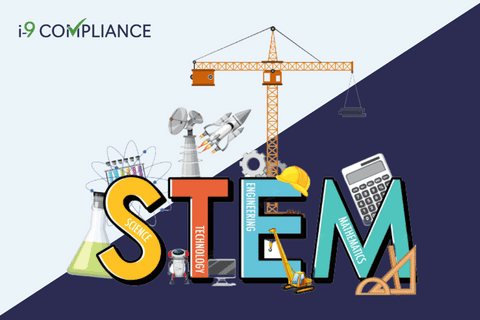Federal Appeals Court Upholds OPT and STEM OPT Programs

November 18, 2022
The DC Circuit Court of Appeals recently upheld a District Court ruling. This ruling allows the Department of Homeland Security (DHS) to permit international students to receive work authorizations for up to three years, such as for STEM opportunities.
Under the OPT program, students in the United States under an F-1 Student Visa may work for up to twelve months in a field related to their degree following graduation to gain practical experience. In addition, for those working in a qualifying degree related to science, technology, engineering, or math (STEM), the DHS permits students to remain employed for an additional 24 months of post-graduate work under the STEM OPT extension.
However, in 2014, an alliance of technical workers filed a lawsuit against the DHS. They argued that the OPT program was illegal. According to the complaint, the plaintiffs argued that under the Immigration and Nationality Act’s definition of F-1 student visas, the DHS lacked the authority to authorize F-1 students to remain in the US for OPT employment after graduating.
However, the district court disagreed, finding that the DHS had the authority but failed to complete the appropriate rule-making procedure. However, the court stayed its ruling to give the DHS time to comply with the proper rule-making procedures.
A second challenge followed in 2016 after the program changed to permit up to three years of work authorization for F-1 students under the STEM OPT extension. Again, the District Court found that the DHS had acted within its authority and adhered to the rule-making procedures. As such, the court granted the DHS summary judgment.
The DC Circuit affirmed this ruling on appeal, emphasizing how practical training for international students existed for over 70 years. Furthermore, Congress never questioned the program, proving its general acceptance. Additionally, the court found that the DHS’s authority to set the time and conditions of an F-1 student’s stay supports the OPT program.
The DC Circuit noted that the OPT program ties closely with the F-1 student’s course of study and school. It is an integral part of the student’s education, cementing their classroom learning and ensuring their ability to practically apply the knowledge they have gained. As a result, the court found that it is a natural extension of the composition and purpose of the F-1 non-immigrant visa class.
This decision means that the OPT program and the STEM OPT extension will remain unchanged, providing up to 36 months of work authorization for qualifying students. However, for employers considering hiring F-1 students under the OPT or STEM OPT programs, it is necessary to recognize that the documentation requirements can make the Form I-9 process particularly difficult.
The best way to simplify this process is with an electronic I-9 management tool. This tool can provide step-by-step guidance throughout the process, ensuring accurate and consistent completion of Form I-9s and secure storage of all forms and documentation.
Automate your employment eligibility verification today with the ensured compliance of I-9 Compliance.